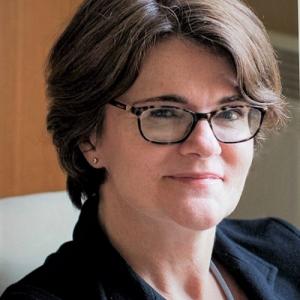Corporate Groups: Facilitation and Control
Associated people

On 11 January 2018 the Commercial Law Centre and the National University of Singapore (NUS)’s EW Barker Centre for Law and Business jointly hosted a group of senior practitioners, scholars and judges at Harris Manchester College for a conference considering various legal issues that arise for corporate groups. The issue of groups and the difficult issue of balancing the rights and interests of group companies and their stakeholders, is one which all jurisdictions face. There are clearly significant benefits from companies organising themselves in this way, and intra-group asset transfers can have positive as well as negative aspects. Any regulation of this issue requires careful and thoughtful analysis to ensure that while problematic behaviour is constrained, the benefits are retained.
The conference opened with an address from Professor Paul Davies of Oxford University and Professor Tan Cheng Han of NUS. The first presentation was from Professor Pierre-Henri Conac, University of Luxembourg, on the recognition of group interest in France, the European Model Companies Act (EMCA) and at EU level. The commentator was Professor Jennifer Payne, Oxford University. This session discussed the extent to which directors of group companies can take the interests of other companies in the group into account when discharging their directors’ duties. It provided a foundation for the remainder of the presentations, which focused on how a wide range of jurisdictions in Europe and Asia deal with the issue of tunneling in groups. Professor Luca Enriques, Oxford University, discussed the regulation of tunneling in groups in European jurisdictions (with Professor Blanaid Clarke, University of Dublin as commentator); Professor Dan Puchniak and Professor Umakanth Varottil, NUS, discussed Related Party Transactions in Singapore, Hong Kong, India & Malaysia (with a comment from Professor Kristin van Zwieten, Oxford University); and Professor Kon Sik Kim, Seoul National University, presented a paper on Related Party Transactions in Japan, China and Korea (for which Professor Tan Cheng Han was commentator).
In addition, there was a panel discussion by practitioners from London (Tony Foster, Travers Smith), Singapore (Ng Wai King, Wong Partnership) and Germany (Artur Swierczok, Clifford Chance, Frankfurt) on a hypothetical involving an attempted squeeze-out by a majority shareholder, moderated by Professor Paul Davies. The papers and panel discussion provoked lively debate and discussion about the different approaches to these issues in a broad range of jurisdictions.





